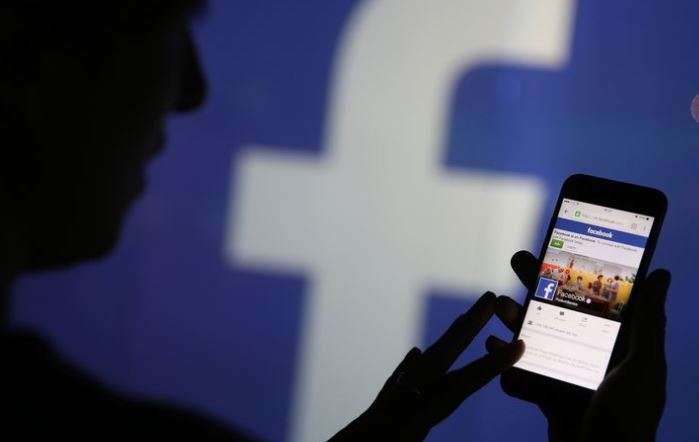Aurangabad, Maharashtra: In a recent judgment, the Bombay High Court ruled that printed screenshots of Facebook posts are not sufficient to establish the existence of a fake account. This ruling came during a case involving allegations of defamation via two allegedly fake Facebook accounts. The court emphasized that printed material alone does not prove that an online post originated from a false profile.
The case, titled Mahesh Shivling Tilkari vs State of Maharashtra, was reviewed by a division bench comprising Justice Vibha Kankanwadi and Justice Santosh Chapalgaonkar. The court noted that simply presenting a printout of Facebook posts, which were alleged to be defamatory, does not meet the legal standard for proving the creation of a fake account.
In their order, the judges stated, “Print of screenshots of Facebook material will not at any stretch of the imagination prove that the said post was created from an alleged fake account.” The court highlighted that a more rigorous investigation would be necessary to substantiate such claims.
Court Criticizes Investigation, Recommends IP Tracking
The High Court also expressed dissatisfaction with the investigation conducted by the authorities. The judges noted that the Investigating Officer should have sought the assistance of a cyber expert to trace the IP addresses associated with the accounts in question. This step would have provided more concrete evidence about whether the accounts were indeed fraudulent and whether the accused had any connection to them.
“When it was specifically alleged in the First Information Report (FIR) that two Facebook accounts were fraudulently created, then the Investigating Officer ought to have sought expert help to trace the IP address from which those accounts were created,” the court remarked. By failing to take this crucial step, the investigation missed an opportunity to link the alleged fake profiles directly to the accused.
Allegations Stemmed from Family Dispute
The case originated from a family dispute between the accused and his brother-in-law, who claimed that the accused had created two fake Facebook accounts to defame him and his family. The complainant alleged that the accused used these accounts to post defamatory content, aiming to harm his reputation. However, the court determined that without additional electronic evidence, such as IP tracing, there was no basis to assume that the accused was behind the fake profiles.
FIR Quashed by the Court
In light of the insufficient evidence and the flawed investigation, the Bombay High Court decided to quash the FIR. The court’s decision underscores the importance of thorough cyber investigations in cases involving online defamation, especially when the evidence relies heavily on digital activity.
This ruling sends a clear message to law enforcement agencies about the need for comprehensive cyber forensics in cases related to social media disputes. Moving forward, authorities may need to focus on more advanced digital evidence-gathering methods, such as IP tracking, to substantiate claims involving alleged fake accounts.


